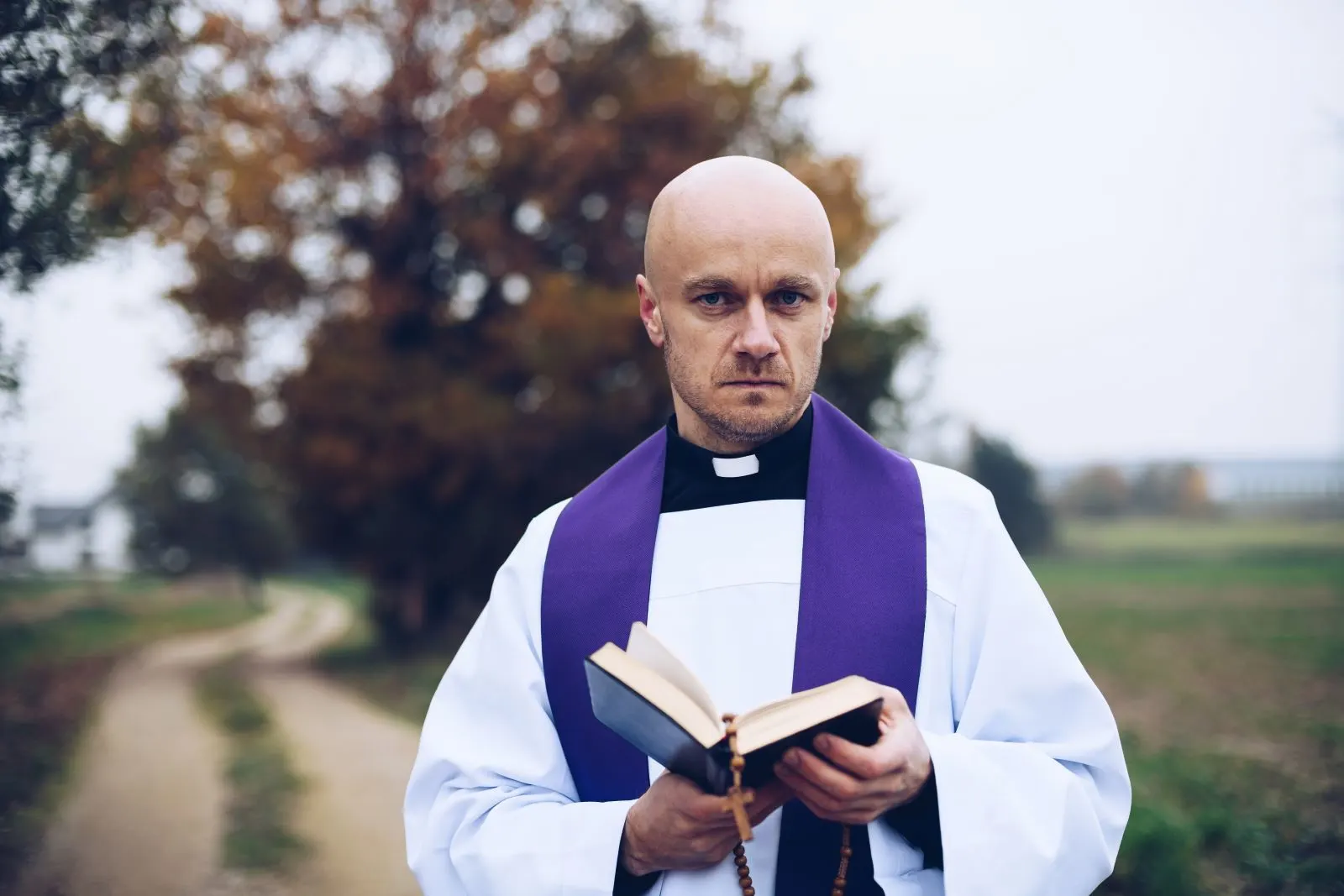Church attendance in the United States has steadily declined for decades, influenced by various factors. Societal changes, such as increasingly busy lifestyles and the rise of digital entertainment, have made traditional Sunday services less of a priority. Additionally, widespread disillusionment with religious institutions due to scandals and hypocrisy eroded trust. Younger generations are also shifting towards personal spirituality over organized religion, finding traditional church services less relevant.
Let’s look at why people are not going to Church anymore.
Losing Faith

Image Credits: Deposit Photos
People expect the Church and the community to support them. Instead of providing solace and support, sometimes the focus shifts to financial contributions. It can appear insensitive and detached from the real needs of the community.
Consequently, this exploitation of people’s hardships in the name of religion can lead to disillusionment and skepticism towards organized religion, as individuals question the sincerity and integrity of those in positions of authority within the church.
Preaching Politics

Image Credit; Deposit Photos
When churches venture into politics or attempt to sway political beliefs, people often lose faith in them. Mixing politics with spirituality can create divisions and distract from the core teachings of compassion and acceptance.
This shift can alienate congregants seeking spiritual guidance, prompting them to distance themselves from the church.
They Don’t Resonate

Image Credit; Deposit Photos
Many individuals cease attending church because they were compelled to do so during their formative years, yet failed to establish a personal connection with it. This lack of resonance with the religious institution often leads to disengagement and disinterest in participating further.
Shielding Crime

Image Credits: Deposit Photos
When people find out that their church protected clergy accused of terrible crimes like pedophilia, they often stop going. This makes them feel like the church broke their trust and isn’t doing what’s right. It can make them really angry and upset, and they might lose faith in the church’s values and fairness. So, they may decide to leave and find spiritual guidance somewhere else.
Busy Schedules

Image Credits: Deposit Photos
Many individuals find their schedules packed with work, family obligations, and social activities, leaving little time for church. As society becomes more fast-paced, prioritizing time for church becomes increasingly difficult.
Negative Church Experiences

Image Credits: Deposit Photos
Past negative experiences, such as feeling judged or unwelcome, can deter individuals from returning to church. Personal conflicts with other congregants or leadership can also contribute to this feeling.
Seeking Spiritual Fulfillment Elsewhere

Image Credits: IndianFaces, Shutterstock
People might find spiritual fulfillment through other means, such as meditation, nature, personal reflection, or alternative spiritual practices. They may feel these methods better address their spiritual needs than traditional church services.
Generational Changes

Image Credits: Deposit Photos.
Younger generations often have different attitudes towards organized religion compared to older generations. Millennials and Gen Z might prioritize personal spirituality over formal religious practices, viewing church attendance as less essential.
Cultural and Social Changes

Image Credits: Deposit Photos
As cultural norms shift, activities traditionally reserved for Sundays, like shopping, sports, and entertainment, become more prevalent. This shift reduces the cultural emphasis on Sunday as a day for church.
Mental Health and Personal Issues

Image Credits: Deposit Photos
Mental health challenges such as depression and social anxiety can make attending church difficult. Personal struggles may also lead individuals to withdraw from community activities, including church.
Disagreement with Church Teachings

Image Credits: Deposit Photos
People may disagree with specific teachings or stances of their church on issues like LGBTQ+ rights, gender roles, or politics. Such disagreements can prompt them to seek out other communities or abandon church attendance altogether.
